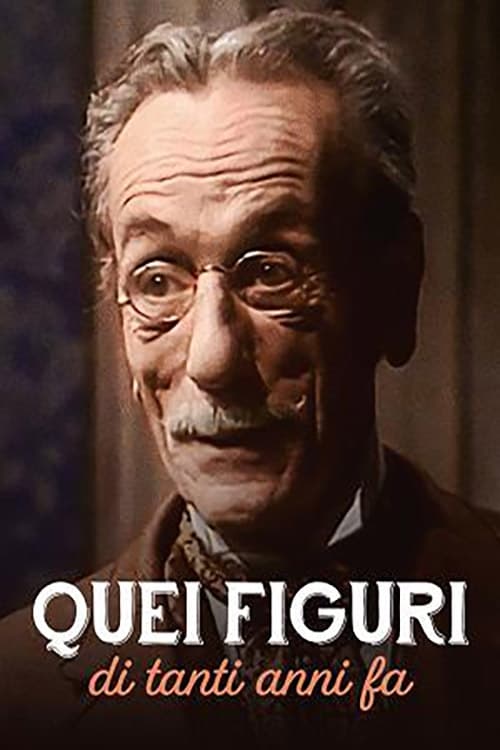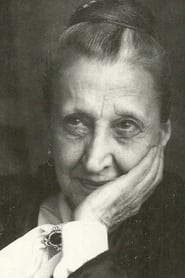

Two wise guysmanage a messed up underground casino and brothel. A "hunting club" as a cover up. The place is frequented by all kind of characters, from the Neapolitan upper class to the petty criminals, who use it as a base and such is the turmoil that it will not take much to blow the cover up.
No Trailers found.

Peppino Fattibene

Filomena

Luigino Poveretti

Giocatore

Peppenella alias Sciù-Sciù

Giovannino

Delegato di Polizia

Gennaro Fierro